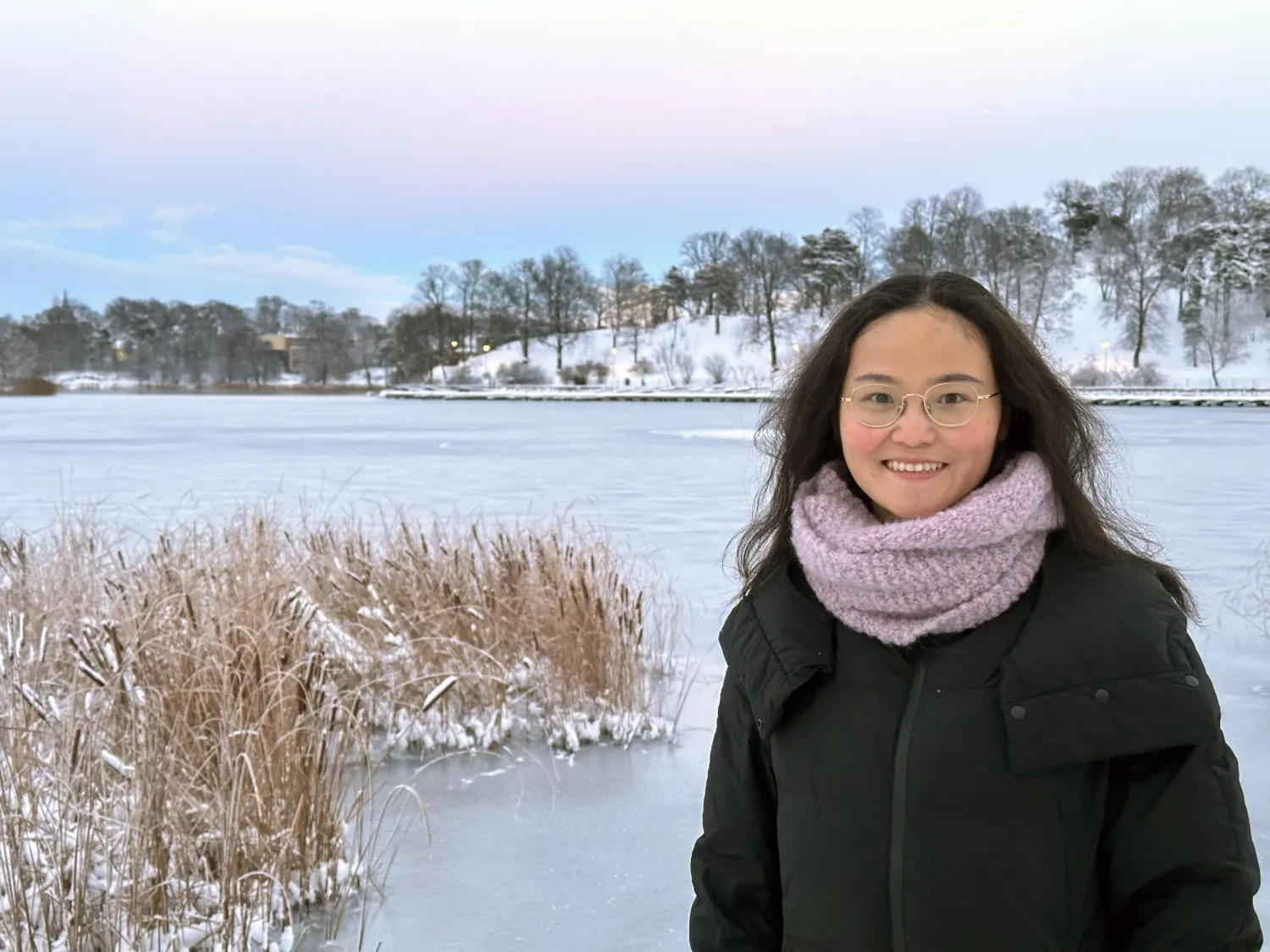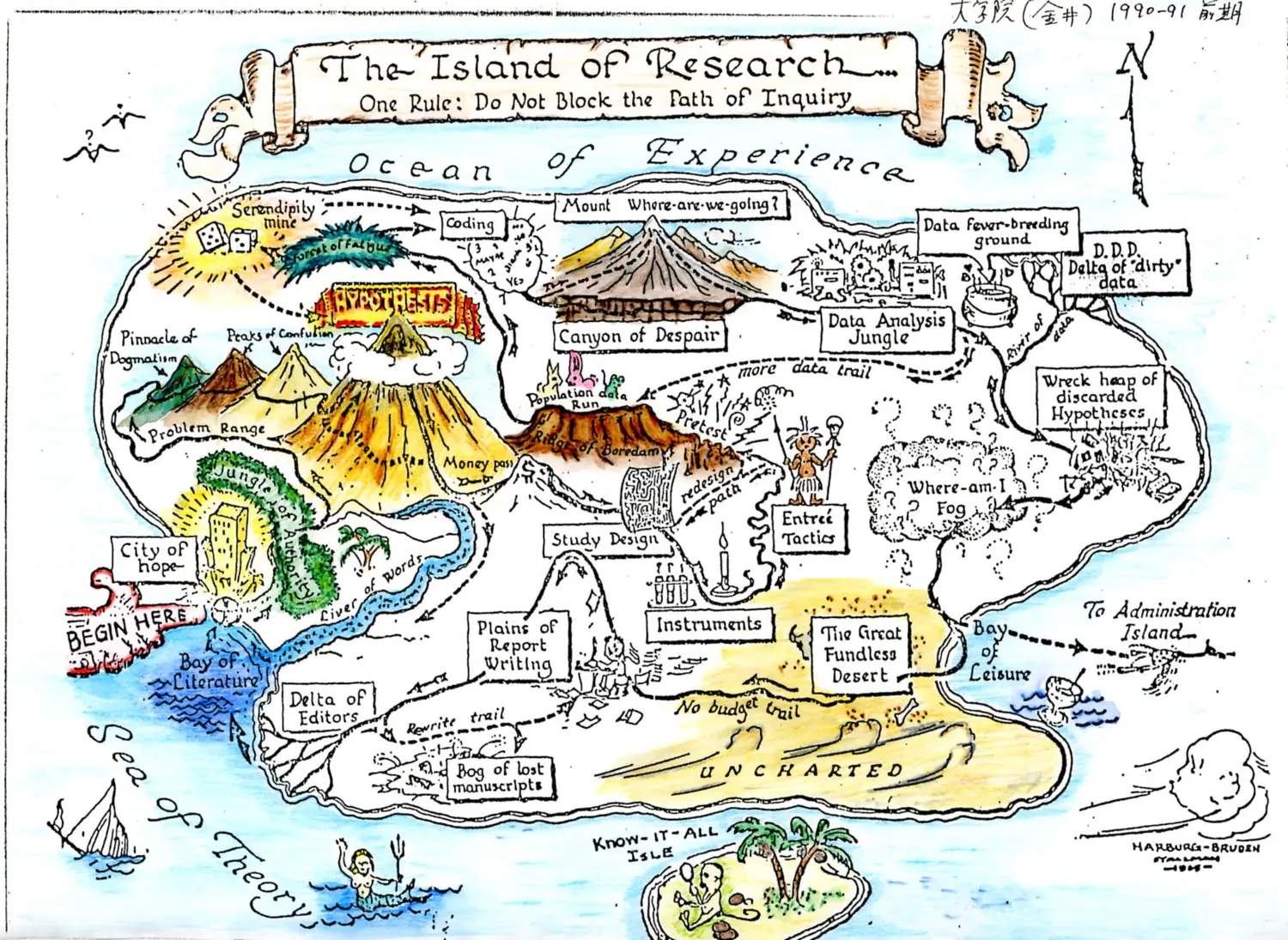From China to Sweden: Lingjia Yin's PhD journey in Pediatric Tuina

Meet Lingjia Yin (Keira), a PhD student at GPH who will defend her thesis on Pediatric Tuina in May this spring. Her research journey has taken her from China to Sweden and back again. Dive into her story and discover the exciting work she is doing to improve children's health with massage, and learn why her best advice to new PhD students is "don't get stuck in the jungle forever"
Lingjia Yin (Keira)
Research group: Doctoral student in the IMPACT group within a collaboration with Guangdong Provincial Hospital of Chinese Medicine coordinated by Cecilia Stålsby Lundborg research group leader in HSP (and co-supervisor of Lingjia.)
Thesis title: Recurrent respiratory tract infections in children: The use of Pediatric Tuina* in Southern China
*Pediatric Tuina is a form of manual therapy in Chinese medicine, primarily applied to children's hands and forearms using gentle yet rapid techniques.
Supervisor: Helle Mölsted Alvesson
For how long have you been at GPH?
I enrolled as a PhD student in 2019 and initially pursued my doctoral studies in a sandwich mode for the first one and a half years. At the end of 2020, I returned to China for data collection. Due to the COVID-19 pandemic, I was only able to return to Sweden in early 2023, where I have remained since. In total, I have been affiliated with GPH for nearly six years.
What made you want to become a doctoral student here at GPH?
I first met my main supervisor in China in 2017 when she was giving a lecture on qualitative research methods at my workplace, Guangdong Provincial Hospital of Chinese Medicine. Her presentation deeply resonated with me, particularly the idea that different people may perceive and understand the same phenomenon from diverse perspectives. With a background in Chinese medicine, I developed a keen interest in exploring how individuals think about and experience Chinese medical treatments. This sparked my strong desire to learn qualitative research methods. Motivated by this passion, I proactively reached out to her to inquire about the possibility of becoming her doctoral student. I was incredibly fortunate to receive this opportunity to study at GPH, an experience that has been both enriching and transformative.
Tell us about your doctoral project, what is it about?
My doctoral project explores the use of Pediatric Tuina* (PT) in managing recurrent respiratory tract infections (RRTIs) in children in Southern China. The project comprises four sub-studies, combining both quantitative and qualitative approaches. Study I is a quantitative retrospective cohort study investigating the association between pediatric Tuina and the incidence of acute respiratory tract infections. Studies II–IV are qualitative studies based on in-depth interviews. Study II examines caregivers’ perceptions and experiences of using PT for their children’s RRTIs. Study III explores caregivers’ healthcare-seeking behaviors to understand their motivations for choosing PT as a treatment option. Study IV focuses on PT practitioners, investigating their clinical practices and experiences in providing PT to children with RRTIs.
What are you hoping to do next, after you have defended your thesis?
I am scheduled to defend my doctoral thesis in May 2025. After my defense, I will return to the Guangdong Provincial Hospital of Chinese Medicine in Southern China, where I will continue my work in both Chinese medicine and implementation science.
Your best advice to new doctoral students at KI and GPH?
When I began my PhD studies, my main supervisor, Helle, handed me a map of The Island of Research and jokingly said, "Don’t get stuck in the jungle forever." Looking back, I believe this is the best advice I can offer to new doctoral students. Difficulties and frustrations are inevitable during the PhD journey, so it’s essential to be prepared for challenges and trust in your ability to navigate through them. Stay resilient, keep moving forward, and remember—you will find your way out of the jungle in the end.

